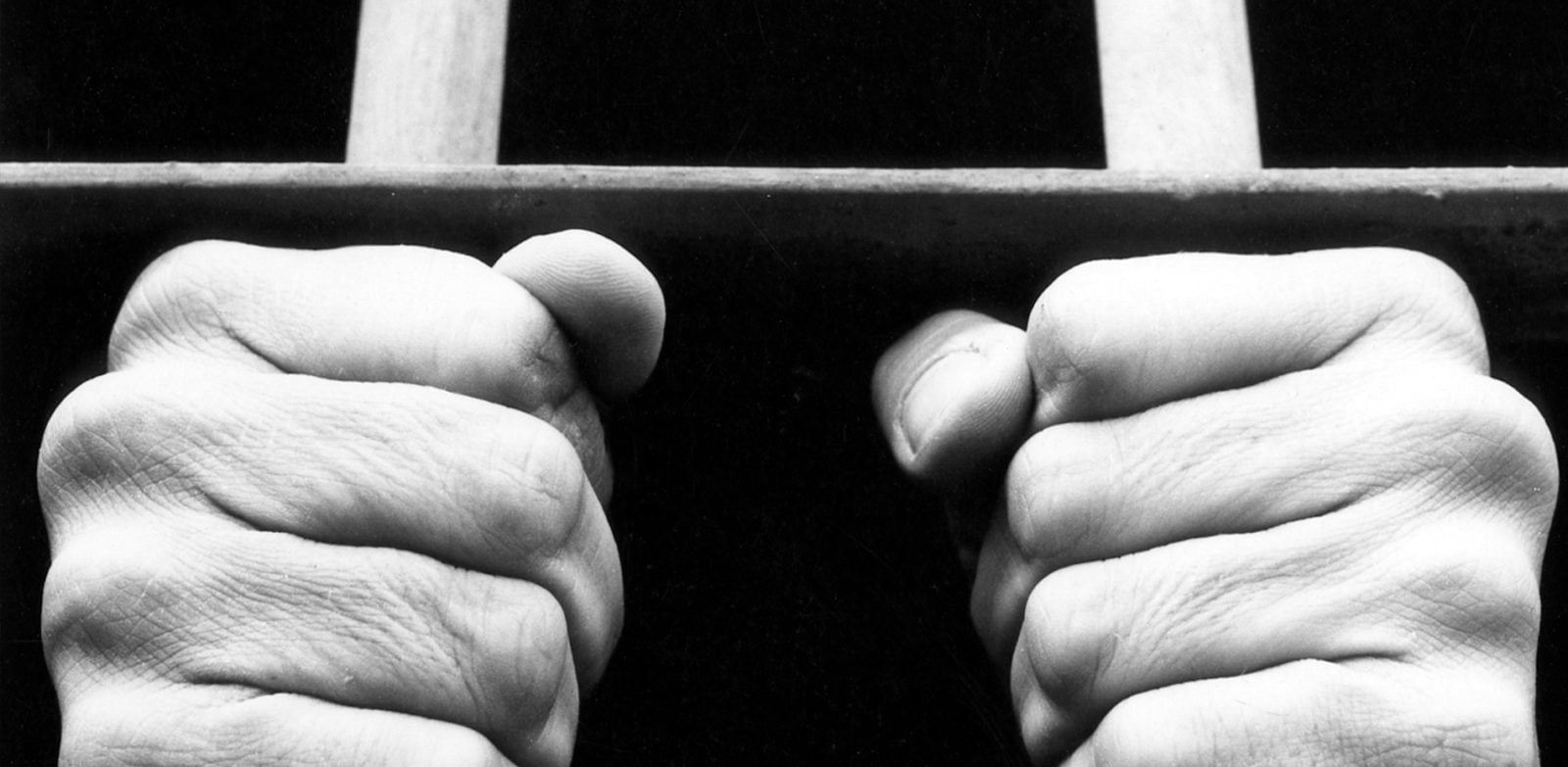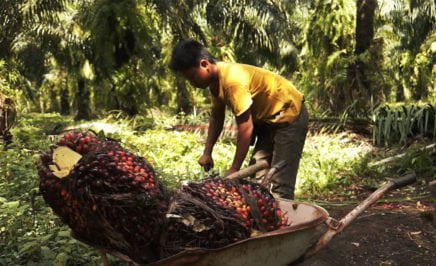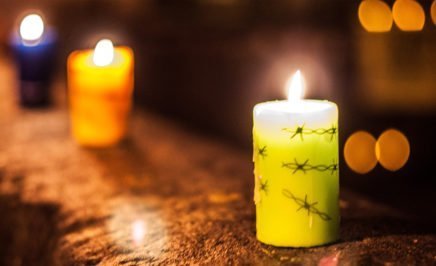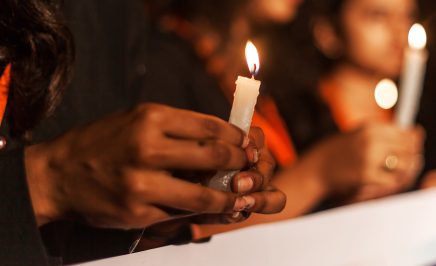On 29 June 2007 Johan Teterissa and 22 other men were arrested and subsequently jailed for taking part in a peaceful demonstration during a government-organised National Family Day event attended by the then President Susilo Bambang Yudhoyono in Ambon, the capital city of Maluku province, eastern Indonesia.
Amnesty International believes they should not have spent a single day in prison and calls on the Indonesian authorities to immediately and unconditionally release Johan Teterissa and all other prisoners of conscience (POCs) in Indonesia.
During the ceremony in 2007, Johan Teterissa led other activists, most of whom were teachers or farmers, onto the ceremonial area and performed a traditional “cakalele” war dance. At the end of the dance the activists unfurled the “Benang Raja”, a banned regional flag. Police and presidential guards beat Johan Teterissa and the 21 other activists on arrest. Police, including officers from the anti-terrorist unit Detachment 88 (Densus 88), allegedly tortured them during their detention and interrogation. To date, no independent investigation has been carried out into these reports of torture and no police officers have ever been held to account.
Johan Teterissa and other activists were charged with “rebellion” (makar) under articles 106 and 110 of the Indonesian Criminal Code (KUHP), provisions which are often used by the Indonesian authorities to imprison peaceful activists. Amnesty International considers Johan Teterissa and all those arrested with him as prisoners of conscience, imprisoned solely for peacefully exercising their rights to freedom of expression and assembly. The current revision of the Indonesian Criminal Code is a timely opportunity for the Indonesian authorities to repeal or else amend Articles 106 and 110 so that these articles are no longer used to criminalise the rights to freedom of expression, association and peaceful assembly.
Amnesty International considers Johan Teterissa and all those arrested with him as prisoners of conscience, imprisoned solely for peacefully exercising their rights to freedom of expression and assembly.
In March 2009, Johan and dozens of prisoners of conscience were transferred to prisons on Java Island, over 2,500km away from Maluku province, their place of origin. Amnesty International believes that holding prisoners so far away from their families, making visits almost impossible, is unnecessary and cruel on both the prisoners and their families. At least 11 prisoners of conscience from Maluku are still detained in Java and pending their release they should be transferred to Ambon where they can have more regular contact with their families. The journey from Maluku is long, arduous and expensive making it almost impossible for families to visit them. In June 2016, NGOs organised and facilitated official visits enabling family members to travel from Maluku to visit the prisoners in Nusakambangan Island in Central Java, Porong and Madiun, both in East Java for the first time since their transfer in 2009.
Under Principle 19 and 20 of the UN Body of Principles for the Protection of All Persons under Any Form of Detention or Imprisonment, a detained or imprisoned person has the right to be visited by family and be moved to a place of imprisonment or detention “reasonably near his usual place of residence” if requested. Rule 59 of the Standard Minimum Rules for the Treatment of Prisoners (the Nelson Mandela Rules) states that “Prisoners shall be allocated, to the extent possible, to prisons close to their homes or their places of social rehabilitation.”
Regular visits and contact with the outside world, in particular with family members is not only a primary safeguard against torture and other ill-treatment, it also respects the prisoners’ right to family and private life and contributes towards a prisoners’ general well-being.
Regular visits and contact with the outside world, in particular with family members is not only a primary safeguard against torture and other ill-treatment, it also respects the prisoners’ right to family and private life and contributes towards a prisoners’ general well-being.
Background
The Indonesia authorities have continued to use the “rebellion” laws to imprison political activists in Maluku and Papua for peacefully expressing their views. In January 2015, nine political activists were sentenced to between one and four years for planning to commemorate the anniversary of the Republic of South Maluku (RMS) movement’s declaration of independence and carrying the “Benang Raja” flags. In April 2016 Steven Itlay was charged with “rebellion” under Article 106 of the Indonesian Criminal Code (KUHP) for participating in a joint prayer, gathering in the backyard of the GKII Jemaat Gologota Church in Utikini village, Kuala Kencana district, Papua province. At least 29 prisoners of conscience from Maluku and 27 in Papua remain behind bars serving sentences of up to 20 years.
In May 2015, President Joko Widodo took steps which seemed to signal a move away from the repressive policies of past administrations. These included the release of five political activists, who were imprisoned following unfair trials based on forced confessions made as a result of torture or other ill-treatment, and a pledge to grant clemency or an amnesty to other political activists detained throughout the country. In November 2015 the Indonesian authorities released prisoner of conscience Filep Karma who had spent more than a decade in prison for his peaceful political expression.
In November 2008, the UN Working Group on Arbitrary Detention (WGAD) declared Johan Teterissa’s detention to be arbitrary on the grounds that he was imprisoned for the exercise of his rights to freedom of expression and peaceful assembly – rights which are guaranteed in the International Covenant on Civil and Political Rights (ICCPR), to which Indonesia is state party, and in the Indonesian Constitution.




